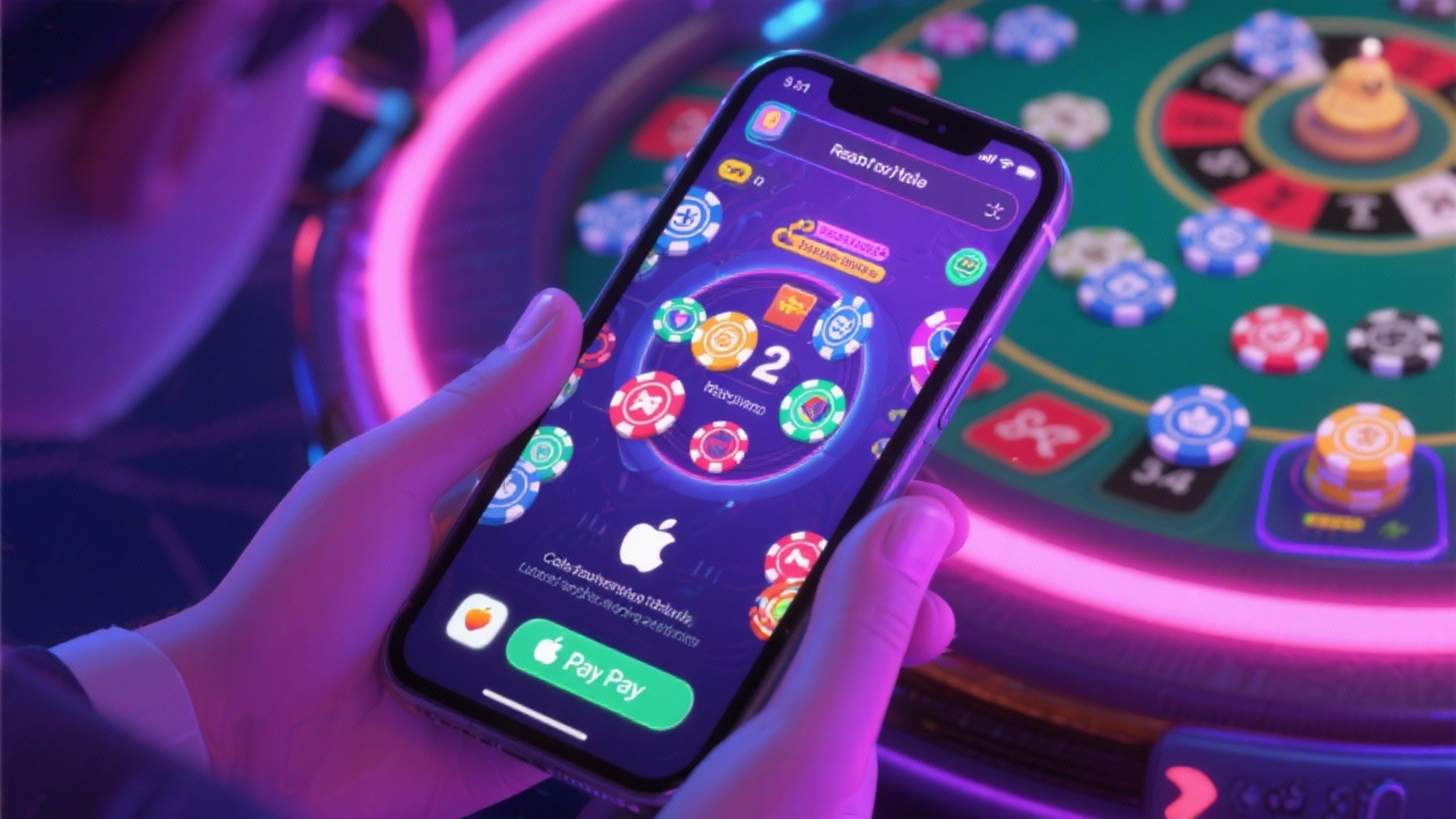Apple Faces Lawsuit Over Casino App Payments

Recommended casinos
Key Takeaways:
- Federal judge denies Apple's Section 230 immunity, advancing claims of illegal gambling promotion via App Store commissions.
- Ruling emphasizes platforms' role in processing payments, potentially reshaping liability for app stores in regulated industries.
- Impacts extend to mobile casino operators, urging enhanced compliance in payment flows to mitigate legal risks.
The U.S. District Court for the Northern District of California has ruled that Apple, alongside Google and Meta Platforms, must defend against lawsuits alleging they facilitated illegal gambling through casino-style apps. In a decision issued on September 30, 2025, Judge Edward M. Chen rejected the tech giants' motions to dismiss, finding that their involvement in payment processing for social casino apps—where users purchase virtual chips for simulated gambling—does not qualify for protection under Section 230 of the Communications Decency Act. Plaintiffs argue that these platforms formed a racketeering conspiracy by hosting addictive apps and earning commissions on in-app purchases, mimicking real-money gambling without proper licensing.
This development is significant for the mobile casino sector, where App Store policies have long balanced innovation with regulatory scrutiny. Apple's guidelines already restrict real-money gambling apps to approved jurisdictions, requiring operator licenses and geo-fencing. However, the ruling underscores vulnerabilities in "free-to-play" social casino models, which skirt direct wagering but generate billions in revenue through virtual goods. For operators, it signals heightened accountability: platforms like Apple could tighten approval processes, delaying app launches or imposing stricter audits on monetization features. This might discourage borderline apps, pushing developers toward fully licensed real-money products in compliant markets like the UK or select EU states.
Users stand to benefit from clearer boundaries, as the case highlights addiction risks in apps designed to encourage repeated micro-transactions. Implications include potential class-action expansions, with plaintiffs seeking damages for alleged harms from compulsive play. Operators may respond by integrating more robust responsible gaming tools, such as spend limits and session reminders, directly into mobile UX. Broader industry effects could involve collaborative standards for payment verification, reducing fraud while maintaining seamless Apple Pay integrations—already a staple for quick deposits in approved apps.
As litigation progresses, expect ripple effects on Google Play policies, given the joint ruling. Mobile-first operators must now prioritize transparent payment disclosures and license validations to avoid secondary liability. This case reinforces that app stores are not mere conduits but active participants in ecosystem integrity, compelling a reevaluation of how gambling-adjacent content is distributed globally.
Sources:








